About Maui Recovery
Maui Recovery in Lahaina, Hawaii, offers a luxury addiction rehabilitation experience for individuals 18 years of age and older. They treat clients with substance use disorder (SUD) and co-occurring mental health issues.
The services are comprehensive and include detoxification and inpatient treatment on 20 acres of scenic land that overlooks the ocean.
You can use most major PPO insurance plans to pay for treatment. They do not accept Medicare or Medicaid. Some financial assistance may be available.
Beautiful Environment For Healing
Individuals enjoy private or shared bedrooms in a spacious, retreat-like setting. There are meditation gardens, outdoor gathering spaces and access to local beaches for surfing and ocean swimming.
The staff prioritizes security and privacy in this nurturing and peaceful environment. There are chef prepared meals that focus on wellness and nutrition and a communal kitchen.
Inclusive Environment
The clinicians integrate Hawaiian traditions, culture and nature into the treatment modalities. They cater to a diverse clientele and welcome those in the LGBTQ+ community. There is a small client-to-staff ratio for a more personalized addiction treatment experience.
Clients often remark on the professional, friendly, and supportive staff. Many people have mentioned the transformative impact of the natural surroundings, healing environment and the benefits of the adventure, surf and other experiential therapies.
Latest Reviews
Rehab Score
Gallery
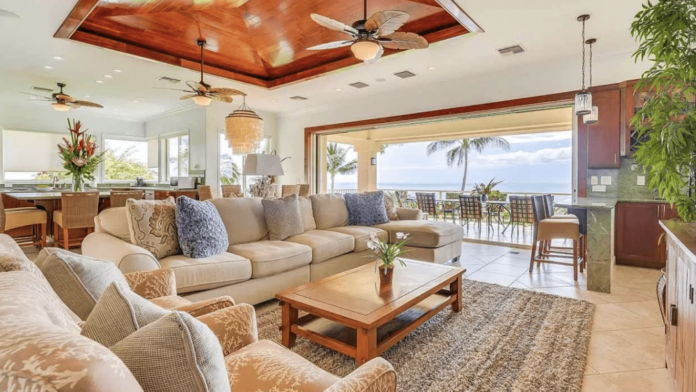
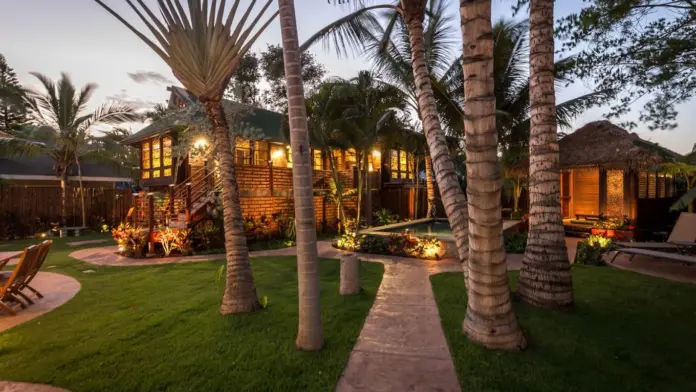
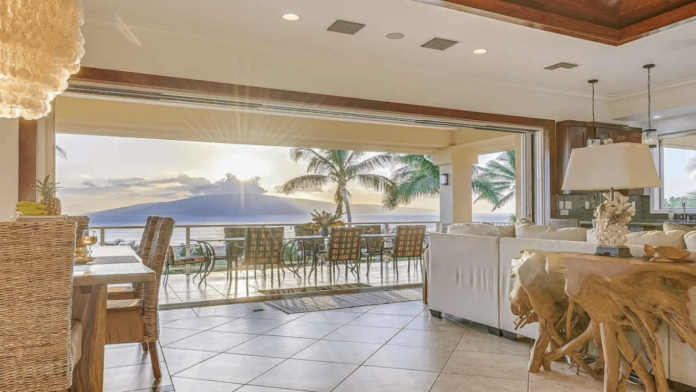
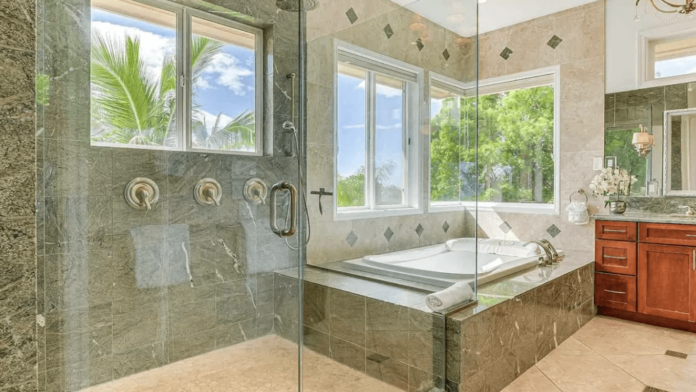
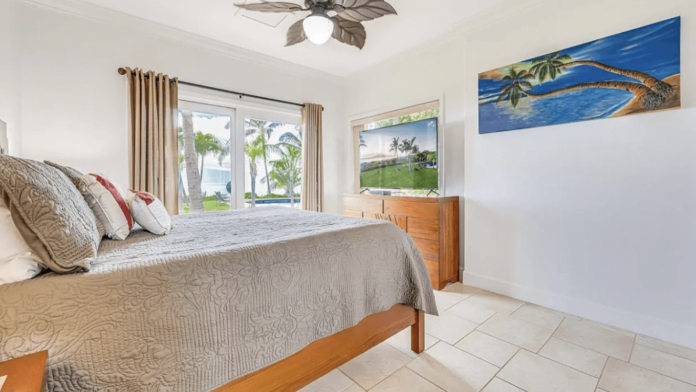
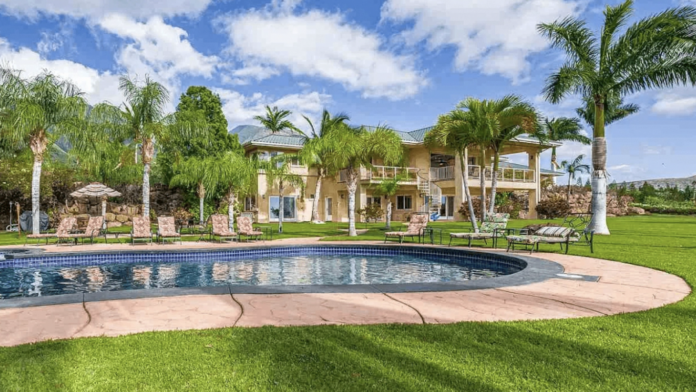
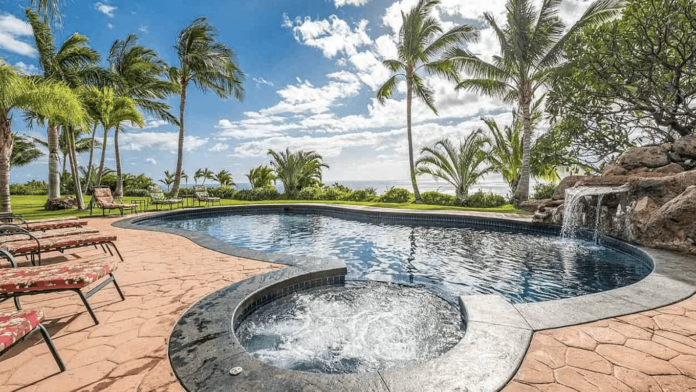


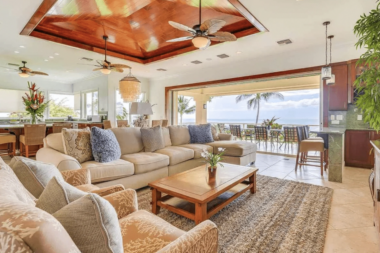
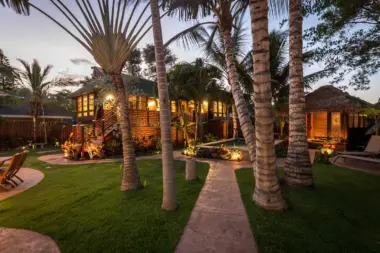
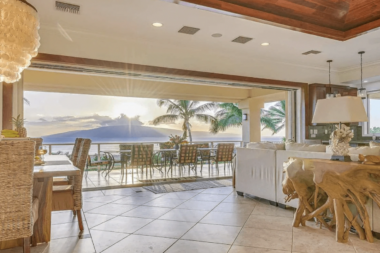
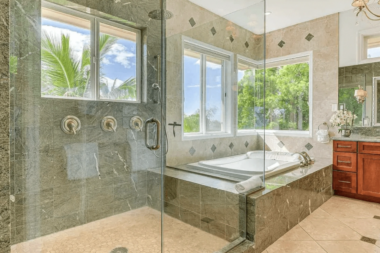
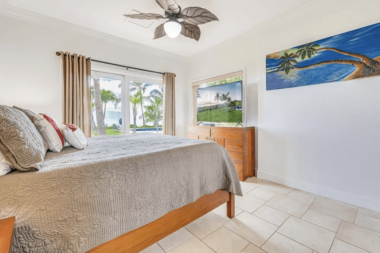
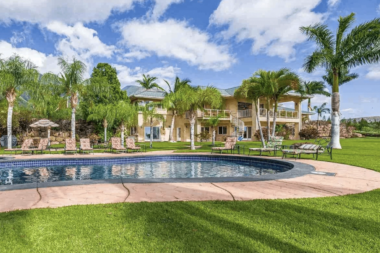
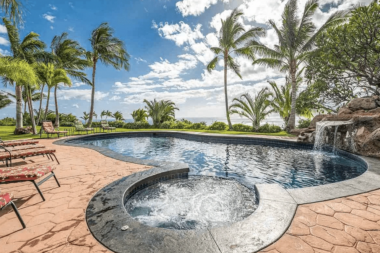


Other Forms of Payment
Financial aid can take many forms. Centers may have grants or scholarships available to clients who meet eligibility requirements. Programs that receive SAMHSA grants may have financial aid available for those who need treatment as well. Grants and scholarships can help you pai for treatment without having to repay.
Per session payment lets you pay for each treatment at the time of service. You may also pay for a certain number of sessions up front and then pay for more if needed. This format allows you to tailor the financial investment to your specific needs and avoid having a large lump sum payment due at the end of the treatment program.
Private insurance refers to any kind of healthcare coverage that isn't from the state or federal government. This includes individual and family plans offered by an employer or purchased from the Insurance Marketplace. Every plan will have different requirements and out of pocket costs so be sure to get the full details before you start treatment.
Self-pay involves paying for treatment out of your own pocket. You can use savings or credit, get a personal loan, or receive help from family and friends to fund your treatment. If you don't have insurance or your insurance plan doesn't cover a specific program, self-pay can help ensure you still get the care you need.
Financing your treatment can make treatment more accessible. You'll work with your care provider to set up payment plans, including interest rates and repayment timelines. Financing options vary widely and not all programs offer them, so be sure to get the full details before enrolling in treatment. If you have insurance or other benefits, financing may help you cover your remaining out of pocket expenses.
Addiction Treatments
Levels of Care
Due to the physical risks of detox, it is ideal to complete this stage of recovery in 24-hour clinical care in Hawaii. In this setting, medical professionals assist you every step of the way. Doctors and addiction specialists ensure that your detox process is as comfortable and safe as possible by treating physical and psychological symptoms of withdrawal.
Medical detox is the safest way to help rid your body of addictive substances. It takes place in an inpatient setting under the supervision of licensed medical professionals who monitor your vitals and provide any necessary medications to alleviate potential withdrawal symptoms. Typically, this is the first step in the addiction recovery process, and it is often followed by inpatient treatment.
Inpatient rehab enables clients to remove themselves from the distractions, stressors, and triggers of the outside world while they focus exclusively on their recovery. Clients receive housing, meals, and access to medical and mental health care as they regain stability, particularly following detox. They also engage in extensive psychotherapy, which may include group and family therapy as well as individual counseling. Many programs also offer holistic treatment and/or recovery-focused life skills training.
Intensive outpatient programs (IOP) enable clients to live at home and continue working or attending school while also receiving robust therapeutic support for addiction. Clients attend multiple treatment sessions per week, where they typically receive a combination of psychotherapy, addiction education and recovery skills training, and evidence-based complementary care. Medication assisted treatment (MAT) is also available in many intensive outpatient rehabs. Treatment typically involves between nine and 20 therapeutic hours weekly. IOP is ideal for clients in early recovery.
Clients receiving treatment in an outpatient rehab typically require less intensive support and supervision than do persons in inpatient care. Many have already completed inpatient programs and are weeks or months along in their recovery journey. Outpatient treatment generally involves the continuation of treatments begun in inpatient care, including addiction counseling and life skills development. Some outpatient programs also offer medication assisted treatment (MAT) for clients in opioid and/or alcohol recovery.
12 step programs promote long-term sobriety through a process of personal growth rooted in spiritual principles. Participants work through the 12 steps by learning to define and address the root causes of their addiction, to take responsibility for their choices and actions, and to relinquish control over that which cannot be changed. Participants attend regular, anonymous 12 step meetings and are mentored by a self-selected sponsor. Specialized formats, including age and gender specific groups, are available.
Rehab aftercare programs ensure clients' continued access to personalized care after the completion of formal addiction treatment. Case managers and recovery teams assess clients' needs and goals and identify the rehab aftercare services to best support clients' sustained sobriety. Clients may receive a variety of services to facilitate their successful reintegration into their home, workplace, and community, including peer coaching, career counseling, and 12 step program induction, among other programs.
Telehealth in Hawaii is the use of communications technologies to deliver healthcare services from a distance. This may include primary medical care, mental health services, and substance use disorder treatment. Consult with your health care provider to determine if this option is suitable for your needs.
For anyone struggling with substance abuse but reluctant to seek help, a drug intervention in Hawaii can help to provide that essential motivation. Drug intervention services provide a professional interventionist to assist families with this process. The interventionist helps the individual understand the extent of the damage caused by substance abuse and how treatment works. This clinical perspective can be a helpful addition to the family's personal expressions of concern.
Treatments
Alcohol use disorder (AUD), also called alcoholism, can be mild, moderate, or severe. Symptoms include being unable to limit alcohol consumption and feeling strong cravings to drink alcohol. Individuals with AUD may have tried to quit drinking but were unsuccessful. Typically, professional rehab in Hawaii is necessary to help individuals overcome alcohol addiction. This treatment provides the necessary evidence-based therapies, medication, and support for long-term recovery.
Drug rehab in Hawaii is for individuals suffering from substance use disorders. Treatment addresses the many issues involved with addiction, typically through a combination of medical and psychotherapy treatments.
In Hawaii, substance abuse treatment programs address addiction and co-occurring mental health conditions. Care levels include outpatient, inpatient, and partial hospitalization. Therapies like cognitive behavioral therapy, or dialectical behavioral therapy, equine therapy, mindfulness-based therapy, skills training, and recovery groups can help you to establish a solid recovery and develop a support system (or strengthen an existing one) to increase your chances of long-term recovery success.
In Hawaii, dual-diagnosis addiction treatment programs recognize the importance of treating substance use disorders and mental health conditions simultaneously. They offer various levels of care, depending on your needs. Treatment settings include detox, outpatient, residential rehab, and partial hospitalization options. Using a combination of evidence-based and holistic therapies, like cognitive behavioral therapy, or dialectical behavioral therapy, adventure therapy, and acupuncture, clinicians address substance use disorders and co-occurring disorders.
During inpatient drug rehab treatment, mental health services play a central role in your plan of care. During your stay at the center, you are constantly monitored and supported by clinical staff and mental health professionals. Standard mental health therapies and treatments include group and individual counseling, cognitive behavioral therapy (CBT), dialectical behavioral therapy (DBT), and many others. Extra amenities, like recreational therapies, vary by facility.
Programs
Adult rehab programs include therapies tailored to each client's specific needs, goals, and recovery progress. They are tailored to the specific challenges adult clients may face, including family and work pressures and commitments. From inpatient and residential treatment to various levels of outpatient services, there are many options available. Some facilities also help adults work through co-occurring conditions, like anxiety, that can accompany addiction.
Clinical Services
During cognitive behavioral therapy in Hawaii, patients learn about their mental and behavioral health conditions and then learn techniques to help them change their patterns of thinking and behavior. Tools such as stress management, coping, and assertiveness are used to break free from patterns of substance abuse.
During dialectical behavior therapy in Hawaii, you'll focus on developing skills that allow you to manage daily life challenges. The main areas of focus are emotional regulation, interpersonal effectiveness, distress tolerance, and mindfulness.
Motivational interviewing is simply a conversation about change. The therapist seeks to encourage the client's personal motivation to change and collaborate with them to make a commitment to change. This technique is often used in drug rehab therapy in Hawaii.
Recreational therapy supports addiction recovery by helping you engage in activities that improve your physical and mental health. Participating in creative arts, nature activities, and sports helps reduce cravings, focus your attention on positive things, alleviate stress, and build a supportive community.
Accreditations

The Joint Commission, formerly known as JCAHO, is a nonprofit organization that accredits rehab organizations and programs. Founded in 1951, the Joint Commision's mission is to improve the quality of patient care and demonstrating the quality of patient care.
Joint Commission Accreditation: Yes

LegitScript has reviewed Maui Recovery as part of their certification program, and has determined that it meets the LegitScript standards for legality, safety and transparency.
LegitScript verified in
Contact Information
120 Punakea Lp,
Lahaina, HI 96761